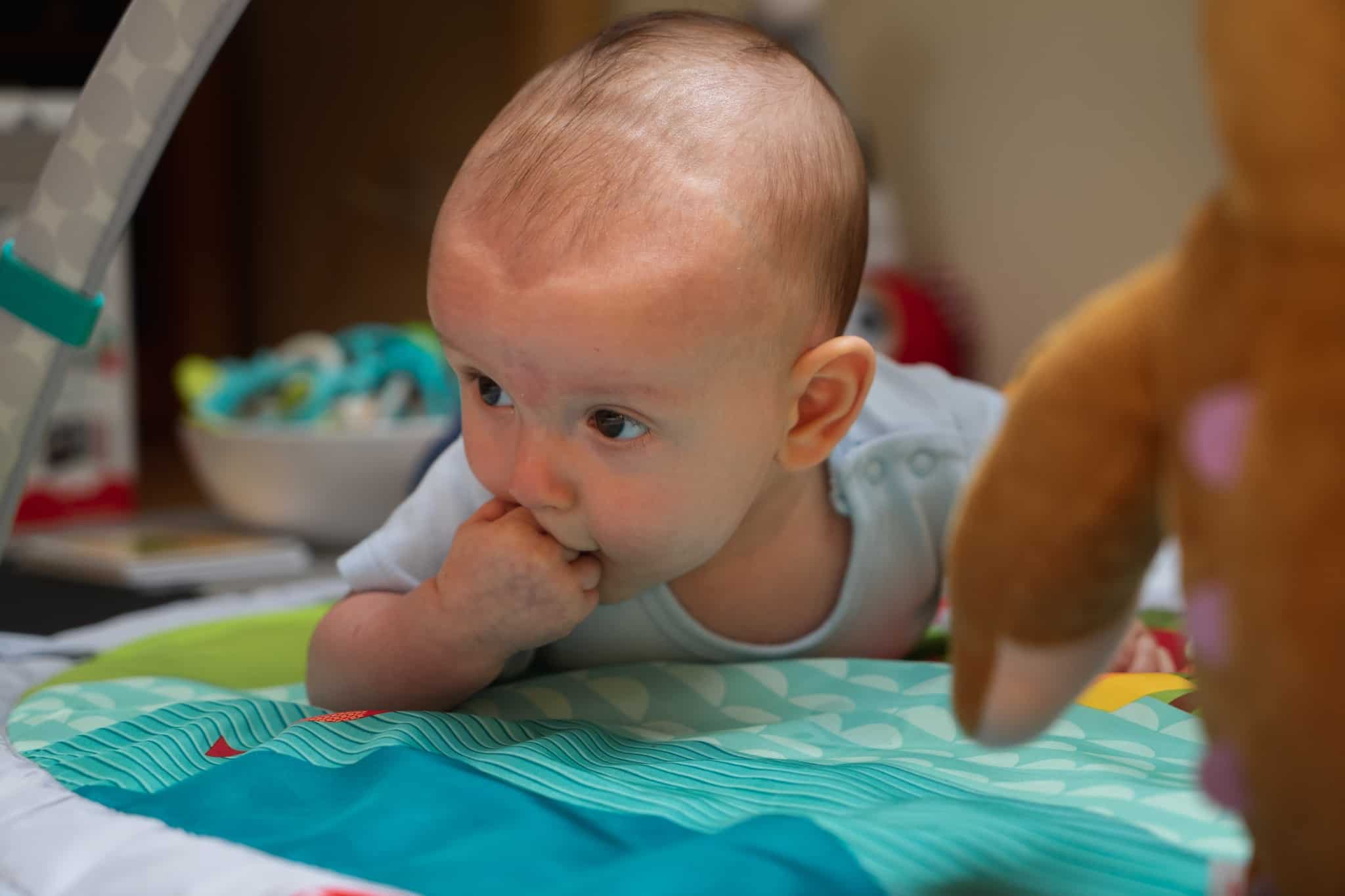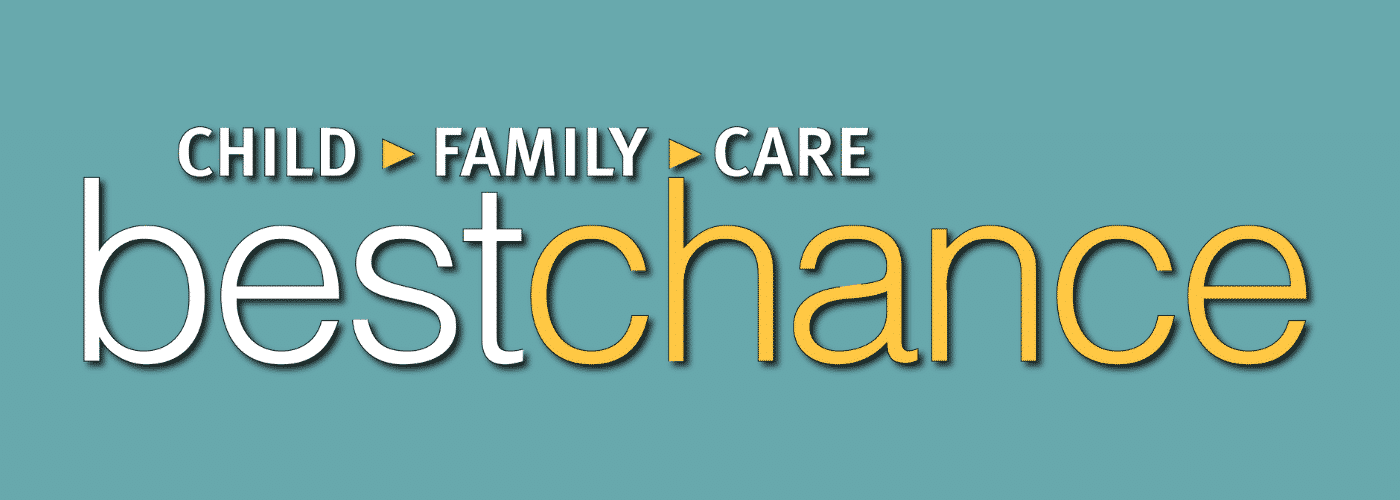Developmental Delays: What Are They?
Kristy recognised quite early on that her six-month-old twin boys were not developing at the same pace as all the other children in her mother’s group. Between six months to 12 months, she noticed they weren’t making many sounds or responding to them. They also didn’t seem to respond to familiar words such as their names.
“As the months went by, I noticed the differences becoming more and more visible,” Kristy says. “I was a first-time mother of twins at age twenty-one, so I found it very overwhelming to even bring up the fact that my boys were acting differently to the other kids.
“We were so lost during that time; people kept telling us ‘oh they will grow out of it’, or ‘that is normal at that age’, but we were obviously concerned,” Kristy says.
She and her partner were both nervous during those early years, and they were hesitant about having their child “labeled” but in the end, they decided that the best thing was for their sons to be checked out by a professional.
“That was the best decision I made,” she says, “because we found that the earlier we raised the issue, the better the outcome was for the boys in the long term.”
early development
Every child develops differently, and there is a big range of “normal” in children’s development. However, parents often find it hard to not compare their children to others of the same age.
But what is “normal” development?
With so much conflicting information and opinions out there, it is always best to bring in the experts. Bestchance Occupational Therapist, Stephanie Goodwin recommends a resource from Queensland Health, which gives parents an easy to understand guide to healthy child development. “This resource is particularly good because it includes milestones from a very early age and goes right up to twelve years,” Stephanie says.
Below, we look at the main areas of a child’s development and early warning signs that may indicate a problem…

intellectual milestones
Intellectual milestones address how a child’s brain works. This includes understanding their own environment, how they process information, memory, problem-solving and decision-making skills, just to name a few.
The research suggests that you can begin to notice these skills at three months, presenting as a baby putting their hands in their mouth or having an active interest in the world and the people around them.
Early signs of possible problems include inactivity, a lack of interest in what is in their hand, or disengagement with people.
social milestones
This is how your child interacts with you and others around them, and can be as simple as smiling, laughing, pointing or waving goodbye.
This is the part of a child’s development that is responsible for those year-two-tantrums – something many parents are acutely aware of! Not smiling or laughing, making minimal eye contact, and negative or over-reaction to touch are some very early signs of a social development delay.
speech & language
These are the skills a child uses to understand and communicate, but it is important to understand the distinction between language delays and speech delays. To put it simply, language delays are when a child can say words clearly but may only be able to put two words together, whereas a speech delay is when the child uses words and phrases to express ideas but they are hard to understand.
Research by John Hopkins Children’s Hospital suggests that most of the foundations for language development are laid down in the first twelve months of a baby’s life and develop at a rapid rate, especially between the ages of two and five years.
Signs of healthy development include:
- Simple gestures such as pointing and waving goodbye at twelve months.
- Imitating sounds and understanding simple spoken words or requests by eighteen months.
- By two years, children can usually say words and phrases, but parents may only understand 50% of these. They can communicate their needs, and follow simple directions.
fine motor skills
These skills refer to how a child moves using small muscles, such as hand and finger movements. Fine motor skills are important for hand-eye coordination. Early examples of this skill set include the ability to follow moving objects with their eyes, holding something in their hand, or reaching for things. By nine months, children should be able to use their index finger to point or poke. By eighteen months, children can usually stack blocks and scribble with a pencil.
gross motor skills
Gross motor skills refer to the larger muscles that help a child to sit, stand, crawl, walk and run. As humans, we use these skills every minute of the day so they are a crucial part of a child’s development. Not lifting their head and shoulders when the child is on their tummy, or not being able to roll over by six months of age are a few early signs of possible delays.
all children develop at different rates
It is important to remember that all of these skills develop at different rates depending on age group, and as a parent, you know your child better than anyone else. Just because one child is learning faster than another, it does not mean there is a long-term issue.
If, however, you do have concerns that your child is experiencing some developmental delays, the best thing to do is consult an expert.
“It is always best to consult your GP, maternal-child–health nurse or a paediatrician if you do have concerns because they can refer you to the right practitioner for early intervention,” Stephanie says.
where to next?
Kristy and her partner cannot say enough about getting the early intervention they needed for their twins. “There is nothing to be ashamed of because you just want the best for your child. The earlier you can get help, the better,” she says. “Our boys still have their challenges, but they are now talking, singing, reading and going to school with all the other kids.”
get help
We have covered some very early signs that are common in developmental delays but the best way to be sure about any concerns is to seek professional advice. Families can also self-refer to NDIS for concerns. Click here to find out more about eligibility.
Bestchance offers specialised support and services for infants and young children with developmental delays or disabilities, and we are a registered NDIS provider. So contact us on 1300 224 644 or click here to visit our Children’s Therapies page to find out more.
additional resources
If you would like to explore other age groups or find out more about any of the information above, click here.
Developmental milestones from the Early Years Learning Framework and the National Quality Standards.

